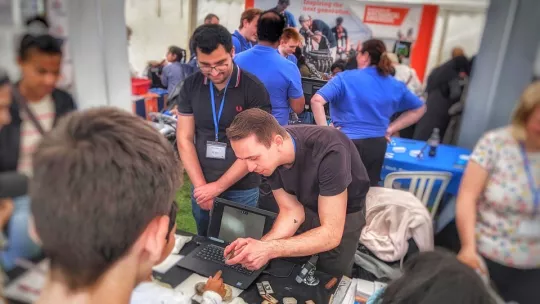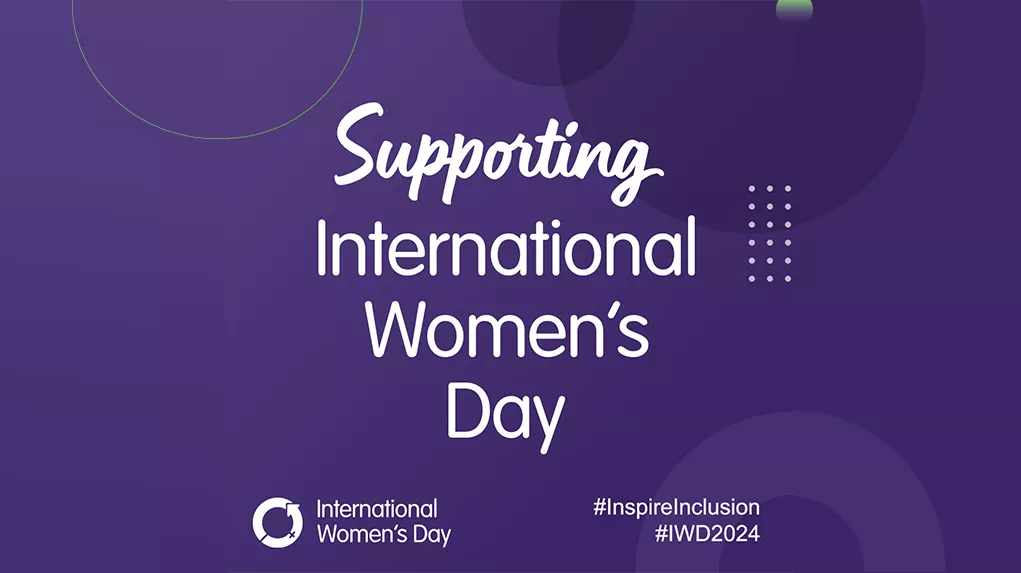
Data Hub data geoscientist Peter Kiss discusses his role in extracting value from subsurface legacy data for the energy industry.
Peter, a multilingual professional who focuses on biostratigraphic data analysis, discusses how he blends technology and teamwork to digitalize manual methodological approaches, saving experts valuable time. Collaborate, learn and play, with a rewarding blend of technical challenges, are all central to life as a data geoscientist for Data Hub.
I’m responsible for …
As a data geoscientist for Data Hub, I am responsible for maximizing the value of subsurface legacy data. Subsurface data is a key compound in the energy industry, which allows experts to explore fossil reservoirs. Many companies have vast volumes of trapped subsurface data, saved in variable formats and stored in unstructured databases. By integrating data science tools with geoscience expertise, we are able to update legacy data and provide new data management strategies, improving decision-making quality while generating new insights for ongoing and planned geoscientific investigations.
My typical day …
My typical day at the office begins with a delicious coffee and a chat with my colleagues. After responding to all priority emails and attending project catch-ups, I explore well reports. Depending on the phase of the project, I could be adjusting Python scripts to extract geological well reports, developing functions to classify reports, or implementing visualization tools to enrich interpretations. During lunch, we tend to play a game of table football. I find I am most productive in the afternoon, so I work on conference abstracts, presentations and workflow patents. Afterward, I continue my work on data extraction, classification and enrichment. At the end of the working day, the games continue and I usually play basketball or dodgeball with my colleagues.

The best part of my job …
The best part of my job is that I can be a “bridge” between geoscience and software engineering. This means we are able to understand what a geoscientist wants to see in the interpretation, while aware of the software’s limitations.
The most challenging part of my job …
Geoscience legacy data is often stored in old geological reports. Their data format is variable, depending on their country of origin, discipline and laboratory. There haven’t been any universal scripts developed yet to automatically extract the content of reports. I have access to tools that are capable of partially extracting data, but achieving full extraction autonomously in bulk is a challenge for not just my team but the industry.
I love my job because …
As a geoscientist, I value the time I can spend using cutting-edge software to shape geoscientific exploration and development. Updating legacy subsurface data helps to make better decisions toward a sustainable future. Geoscientific investigations and data updates require a considerable amount of time, one of the most valuable assets in resource exploration, as well as expertise, which can be obtained through years of experience. However, digital tools can significantly reduce the time spent and allow experts to focus on their priority tasks, rather than locating and preparing data.
Advice to others … (What advice would you give to others who want a role like yours?)
Number one is never stop learning. Novel data engineering technologies are being developed daily. I would recommend devoting an hour or two weekly just for exploring such innovations and thinking about their implementation. Secondly, be a “storyteller.” Data and datasets are by themselves boring. You should have the ability to tell a creative story through your data and engage your audience. Lastly, think about the future. Develop your ideas in a way that is in line with your organization’s vision, and keep in mind why your ideas are good for the business.

I want to be remembered for …
I want to be remembered as a valued scientist, who was collaborative, reliable and loyal. To reach these goals, I work transparently. I like to share my knowledge with other colleagues and departments, and I value their feedback, interest and input. I believe if I clearly communicate my ideas and workflows, they will be replicable for future researchers. As a colleague, I would like to be remembered as someone who was helpful and trusted across the organization. I like when people come to me with collaborative ideas and when they listen to my opinion. Engaging in profound conversations serves as a reassuring indicator that I am progressing confidently toward my career objectives.
My plan B … (If it wasn’t this job — what else would I be doing?)
I have a degree in natural sciences and I have always wanted to push the boundaries of our knowledge and understanding of evolutionary mechanisms. I am fascinated by the complexity of nature and how individual species adapted to given environmental circumstances. I like to read about the evolutionary history of marine mammals, birds, humans and one-cellular organisms.
Originally published by NewScientist (Jobs), Careers Advice — 5 October 2023, here.
Explore more employee stories from Data Hub
Watch Peter’s Deep Dive discussion on ‘Unleashing the Power of Digital Biostratigraphy’
Find out more about our data transformation services and technology


